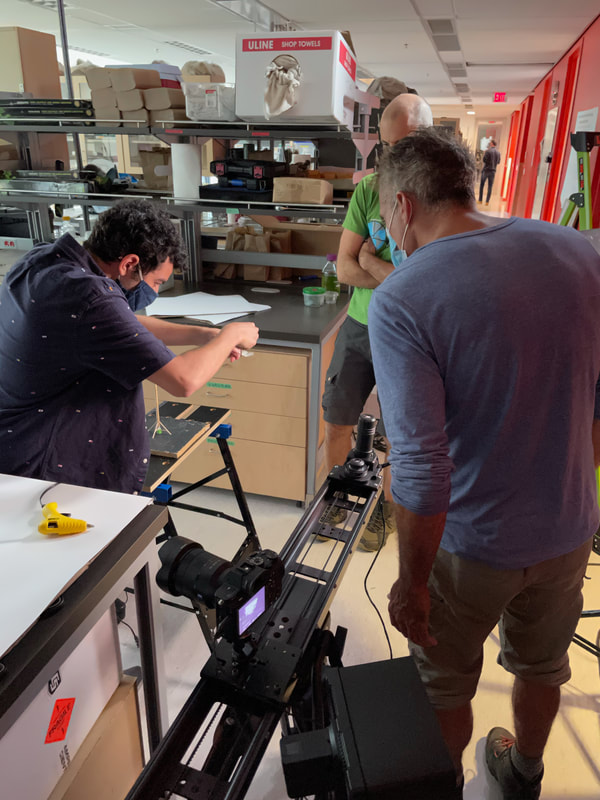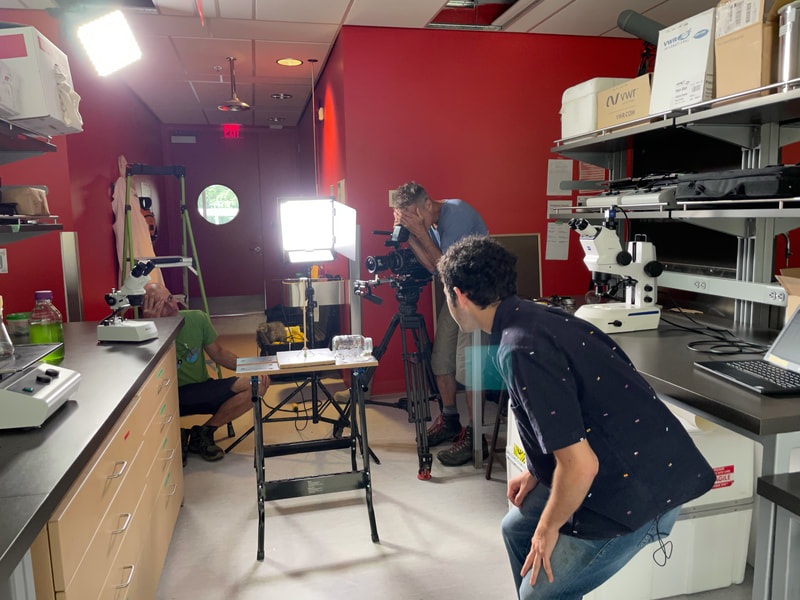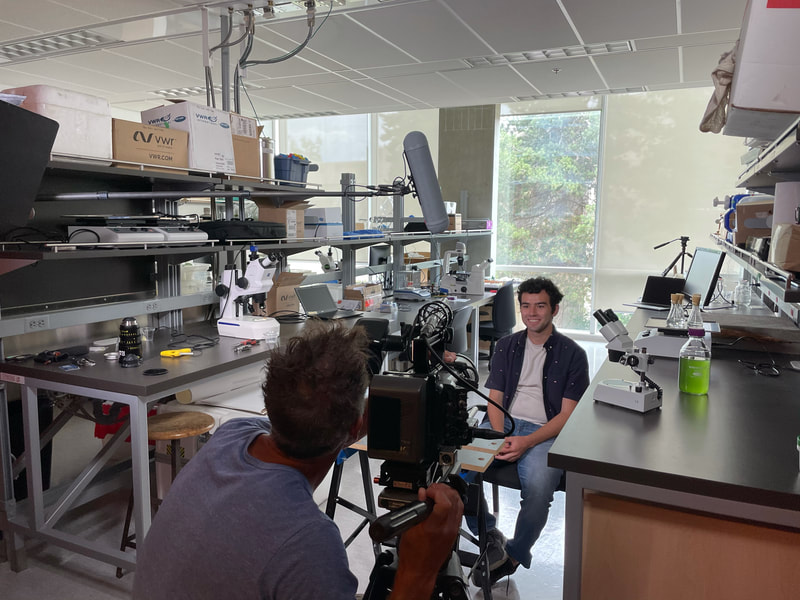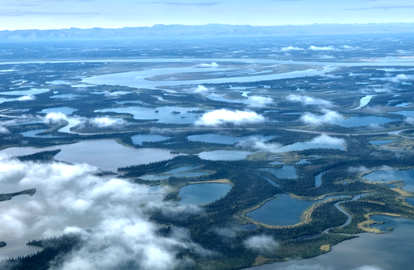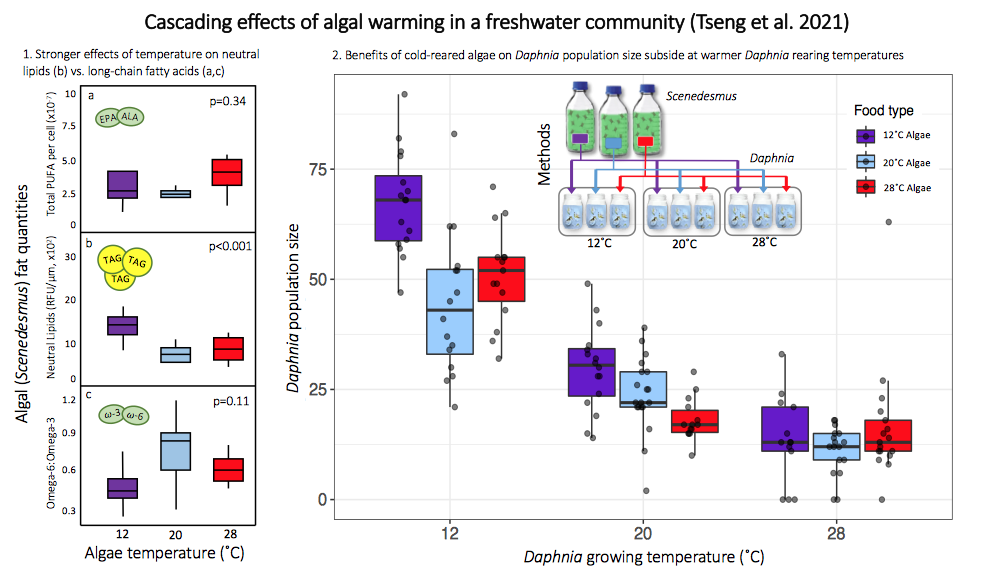Lab news
|
May 2023 - Lab Updates
The summer research term is here! Welcome to new lab members Oliver M. and Alexandre B. Oliver is helping out with the Campus Trees & Insects project and Alex will be working on some cool mosquito ecology projects. Markus, Natasha, and Sophia are all busy working on their thesis projects and congratulations to Nicole G. and Savi R. for finishing their undergraduate research projects. June 2022 - Lab Updates
The lab is humming along this summer and we're also building in some much-needed rest from a pretty gruelling academic year.
|
|
June 3, 2021 - On the horrors of the Residential School System in Canada This past week the Tk’emlúps te Secwépemc First Nation in Kamloops announced that it had found the remains of approximately 215 children on the grounds of the former Kamloops Indian Residential School. While Canadians of all stripes have expressed their shock and horror over these findings, First Nations over and over are quoted as being saddened but not at all surprised. They have known for 100 years that children went to these schools and never returned. They have tried to tell us, they have tried to get us to care, and we have not been listening. These atrocities are well-documented in the Truth and Reconciliation Report, published over six years ago. As Canadians we have done a terrible job holding our leaders accountable and responsible for what happened to 150,000 Indigenous and Inuit children. It is so crystal clear to me (Michelle) that there was a systematic and calculated effort to erase Indigenous peoples from this land. Their land was stolen and their children were forcibly removed from their families. So many of us have benefitted, directly, or indirectly, from this stolen land. I certainly have. I live and work on stolen land. It's difficult to know how to proceed from here. For many people, it's just business as usual. But how can that be? How can we continue to dance on the graves of these children, both literally and figuratively? I don't have answers but maybe a first step is just to spend time reading the Truth and Reconciliation Report, to listen to, and believe, the stories of the Residential School Survivors, and to honour and celebrate the lives of all of the children who never returned home. Maybe also write to your Member of Parliament, and your Member of Legislative Assembly, and voice your concern about the mistreatment of Indigenous peoples by government, church, and scientists too. -mt |
|
March 11, 2021 - Warming water decreases the availability of healthy fats, but animals may not need as much fat in their diet as temperature warms. (Tseng lab paper - Functional Ecology 2021)
Due to ongoing climate change, oceans and lakes are warming at rapid rates. Algae form the base of the food chain in these aquatic ecosystems, and they are a key source of healthful fats for animals like zooplankton, insects, and fish. Several recent studies predicted that climate warming will decrease the availability of the healthy fats produced by algae, leading to overall declines in productivity in aquatic ecosystems. We used a simple aquatic community to test the prediction that when warmed, algae make fewer of certain types of fats, and that this decrease in nutrients leads to reductions in zooplankton population sizes and in insect growth rates. We grew Scenedesmus algae at 12, 20, or 28˚C, and fed these cultures to Daphnia zooplankton, which were also reared at each temperature. We then fed Daphnia to the phantom midge (Chaoborus), a voracious predator of zooplankton. We found that some types of algal fats decreased in quantity with warming, while others did not (see above image). On average, algae cultured at 12˚C sustained higher Daphnia population sizes than did algae grown 20 or 28˚C. However, this effect of algal growing temperature diminished as Daphnia growing temperature increased. For example, when Daphnia were reared at 28˚C, there was no longer an effect of algal food type on Daphnia population size. Growth rates of the phantom midge were not strongly affected by food type. Our results demonstrate that the adverse effects of low-fat diets were tempered in warmer zooplankton environments. These data suggest that the consequences of reduced quantities of certain algal fats may not be as severe as currently predicted. We recommend further investigations into how temperature effects the nutritional requirements of aquatic organisms. |

